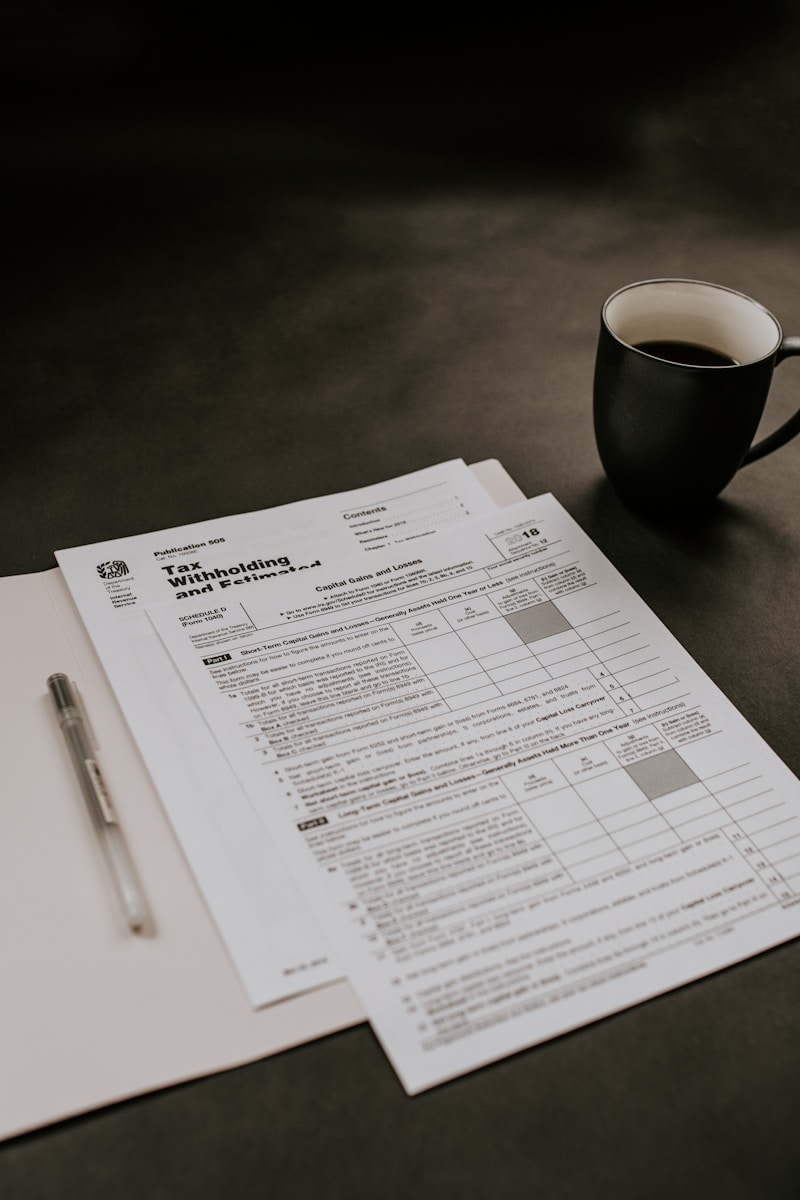Tax planning is a critical aspect of financial management that allows businesses to take control of their tax-related decisions well before the tax deadlines. It is especially important for small businesses that need to manage cash flow effectively while growing.
For many small business owners, tax season often feels like a race against the clock; gathering receipts, tracking expenses, and hoping everything adds up. But what if tax time didn’t have to be so stressful? With year-round tax planning, small businesses can minimize liabilities, improve cash flow, and gain better control over their financial future.
Benefits of Effective Tax Planning for Small Businesses
Tax planning is often overlooked by small business owners, yet it offers powerful advantages beyond simply reducing your tax bill. When done strategically, it becomes a year-round tool for smarter decision-making and sustainable growth. Here’s how smart tax planning benefits small businesses all year round:
Year-Round Confidence
Proactive planning keeps you in control, replacing stress with clarity during tax season and beyond.
Reduced Tax Liability
Maximize deductions, credits, and incentives to lower what you owe, freeing up funds for reinvestment.
Improved Cash Flow
Anticipating tax payments prevents surprise expenses and supports better budgeting throughout the year.
Smarter Business Decisions
Tax-aware planning helps with decisions like timing major purchases, structuring compensation, and choosing whether to lease or buy assets.
Legal Compliance & Peace of Mind
Stay compliant with ever-changing tax laws and avoid costly errors, penalties, or audits.
Maximized Retirement & Savings
Use tax-advantaged accounts to save for the future, benefiting both owners and employees.
Stronger Growth & Investment Positioning
Clean, strategic financials improve credibility with lenders and investors.
Strategies for Small Businesses
1. Choose the Right Business Structure
The way your business is structured; sole proprietorship, partnership, LLC, S corporation, or C corporation, directly impacts your tax obligations. For example, an LLC may offer flexibility and pass-through taxation, while an S corporation might help reduce self-employment taxes. Consulting a tax professional can help you evaluate which structure best aligns with your goals.
2. Track and Categorize All Expenses
Staying organized throughout the year can help you capture every eligible deduction. Common deductible expenses include:
- Office supplies
- Equipment and software
- Business travel and mileage
- Advertising and marketing costs
- Professional services (legal, accounting, etc.)
Using accounting software can streamline the process and ensure nothing slips through the cracks.
3. Maximize Deductions and Credits
Don’t leave money on the table. Explore deductions and tax credits that apply to your business:
- Home office deduction (if you qualify)
- Startup costs (up to $5,000 in the first year)
- Section 179 deduction for equipment purchases
- Qualified Business Income (QBI) deduction for pass-through entities
- Research & Development (R&D) tax credit for innovation-focused businesses
4. Take Advantage of Retirement Contributions
Contributing to a retirement plan like a SEP IRA, SIMPLE IRA, or solo 401(k) not only helps secure your future but can reduce your current taxable income. These plans are especially beneficial for owner-operators and self-employed individuals.
5. Time Your Income and Expenses Wisely
Depending on your accounting method, deferring income or accelerating expenses at year-end can have a significant tax impact. For example, purchasing equipment in December instead of January might yield deductions sooner. A proactive approach helps avoid surprises.
6. Plan for Estimated Tax Payments
Self-employed and small business owners are generally required to make quarterly estimated tax payments. Planning these payments can prevent penalties and make budgeting easier. Work with a tax advisor to calculate accurate estimates based on your projected income.
7. Work with a Trusted Tax Professional
Tax laws change frequently, and navigating them alone can be risky. A tax advisor who understands small business needs can help you:
- Stay compliant with federal and state tax laws
- Identify strategic planning opportunities
- Ensure accurate filings and maximize returns
Final Thoughts
Tax planning isn’t just a once-a-year event, it’s a year-round commitment to your business’s financial health. By staying proactive, organized, and informed, small businesses can reduce tax liabilities and make smarter financial decisions.
Need help navigating your small business tax strategy? Visit https://acgdept.com to connect with experienced professionals who understand the unique needs of business owners like you.


